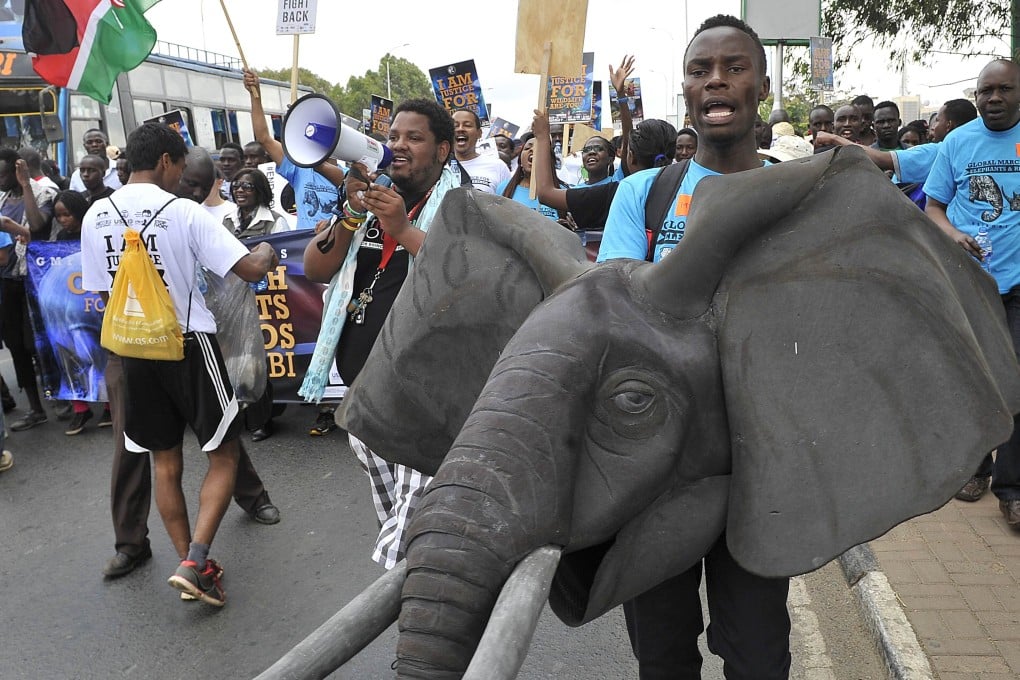Stop elephant abuse! World Animal Protection renews calls for travel companies to stop selling elephant rides and shows
The chartity says 63 travel companies have signed up to its elephant friendly tourism pledge, signifying a 'major shift' in attitude in the industry

Leading conservation charity World Animal Protection has renewed its plea for the tourism industry to put an end to abusive elephant rides and shows, calling on leading travel brands to join the growing list of companies who are opposed to the practice.
Making the call on World Animal Day, the charity says 63 travel companies have now signed up to its elephant-friendly tourism pledge, signifying a major shift in attitude in the industry.
According to World Animal Protection, elephants used for rides and performances have to endure a high degree of suffering in order to be trained. Baby elephants are separated from their mothers at a young age, isolated, starved and beaten in order to break their spirits in a training method known as “the crush”. It is estimated that 3,000 elephants are suffering in captivity today in entertainment venues across Asia and southern Africa.
Many elephant parks offer rides to tourists, while some force the elephants to perform tricks in shows or pose for photos or selfies. Elephant safaris are a common feature of holidays in countries like Thailand, but the charity want to make clear: “there are no cruelty-free elephant rides”.

Kate Nustedt, international director of wildlife at World Animal Protection, said that in the last month alone dozens more companies have signed up, which is a “a strong signal from the travel industry that it wants change”.
“It’s definitely the start of a shift,”says Nustedt. “We’re changing the attitudes of the industry in terms of animal entertainment. Once people see what happens behind the scenes at these venues, they don’t want to be involved with it any more."
